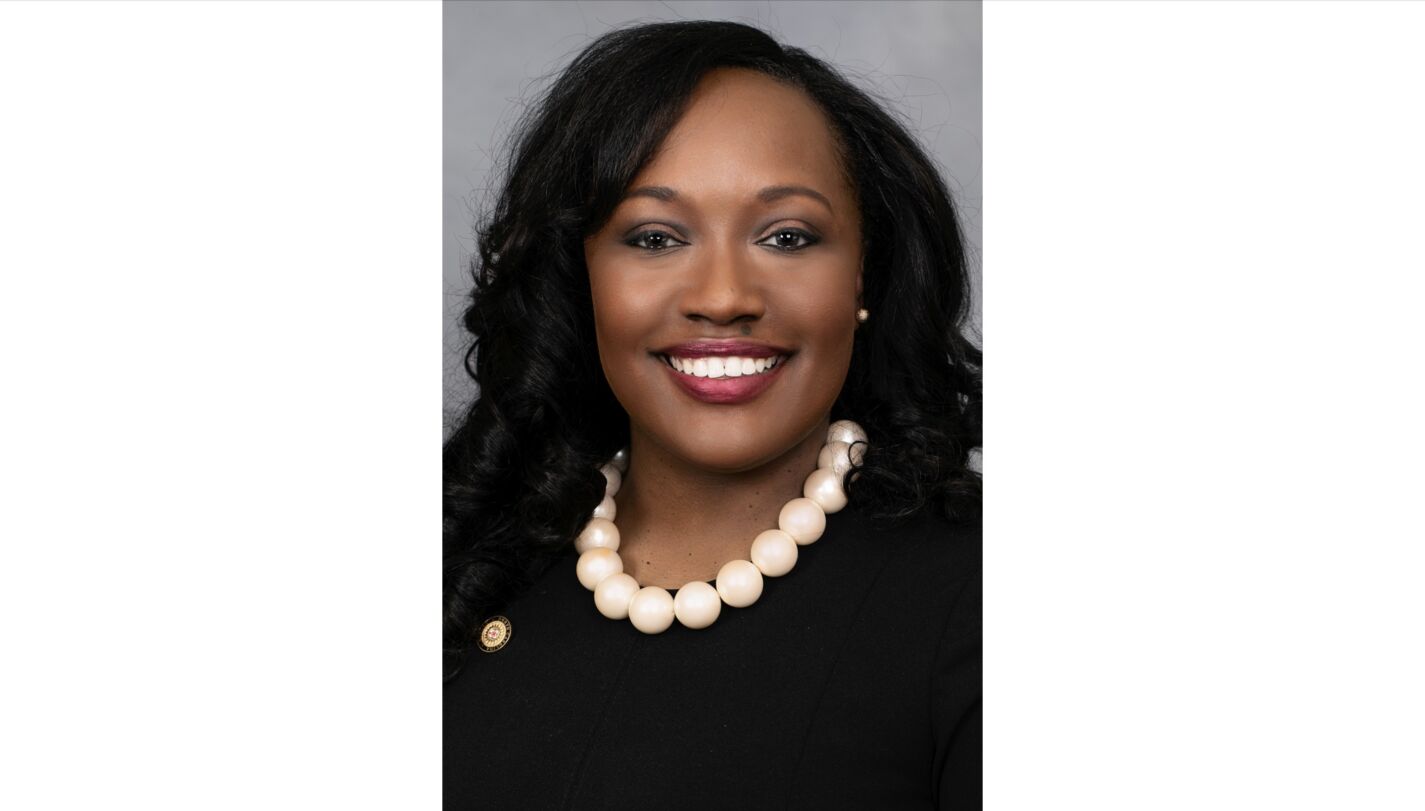On Wednesday, Sen. Natalie Murdock, D-Durham, was among state legislators in attendance at a White House gathering ahead of the one year anniversary of the Dobbs decision.

However, Murdock and her fellow lawmakers were not celebrating the decision. Rather, they were there to discuss their own states’ “hostile” abortion policies, according to a press release from Murdock.
“The purpose of the gathering was to highlight state-level attacks on reproductive rights and discuss efforts to protect and expand access to abortion care,” Murdock said.
There were 49 state lawmakers from “25 Abortion-Hostile” states, according to the release. There were also 32 lawmakers from “16 Abortion-Access” states.
“This convening is part of the continued efforts of pro-choice elected officials to combat attacks on reproductive freedom and access to safe abortion care,” Murdock said.
In 2021, Murdock voted against a bill that would have prevented abortions based on race, gender, or Down syndrome.
One teenage girl, Jaden Ng, who has Down syndrome spoke to lawmakers and advocated in support of the bill.
“I know that in my heart that I am God’s child and I love my life,” Jaden told the House Judiciary Committee.
Jaden was recognized on the Senate floor by state Sen. Joyce Krawiec, R-Forsyth, the bill sponsor of House Bill 453, “Human Life Nondiscrimination Act/No Eugenics.”

Murdock spoke against the bill afterwards.
“To label a person’s decision to obtain an abortion as ‘eugenics,’ as this bill does, is offensive, irresponsible, and warps the painful legacy of the eugenics movement in North Carolina and disrespects the trauma endured by real victims of forced sterilization,” Murdock said.
Natalie Murdock was endorsed by Planned Parenthood, an organization that has spent over $10 million in N.C. state legislative races over the last four election cycles.
North Carolina lawmakers recently passed a bill that bans elective abortions 12 weeks after conception, with exceptions for rape, incest, life of the mother, and fetal abnormalities.
Gov. Cooper vetoed the bill, but Republicans had enough votes to override his veto in both legislative chambers.